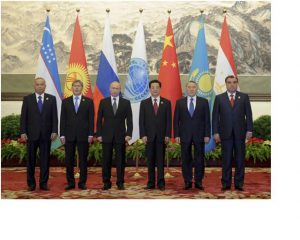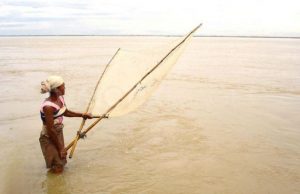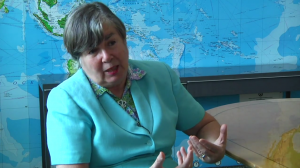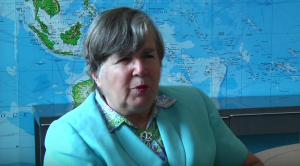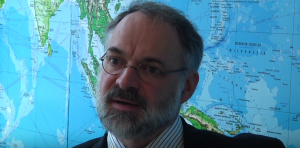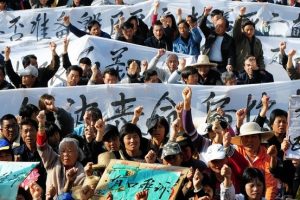Blocked Data Hampers Water Management Efforts in the GBM Basin
Memo #170 – The discussion is widening on the thorny problem of sharing water and managing trans-boundary flows among the five countries in the Ganges-Brahmaputra-Meghna (GBM) river basin.
China and the SCO – Influence and ‘Soft Power’
Memo #169 – The 12th annual meeting of the Shanghai Cooperation Organization (SCO) which includes China, Russia, and four Central Asian states, concluded in Beijing on June 7th. Growing Chinese influence and “soft power,” emphasizing persuasion over force, were much on display.
The Republic of China: Restoring a Father’s and a Nation’s Life Story
Memo #167 – One of the most famous modern Chinese writers, Pai Hsien-yung [Bai Xianyong白先勇], has just brought out a photo-biography of his father, Pai Chung-hsi [Bai Chongxi 白崇禧]. The book, Father and the Republic, was published in spring, 2012 simultaneously in Taiwan, Hong Kong, and China—a breakthrough, a transcendence of political barriers.
Managing South Asia’s Himalayan Rivers: A Human Development Framework
Memo #164 – What would an ideal regulatory system to manage an international river look like? Some have called for an innovatively designed regulatory authority for international rivers, such as the Ganga-Brahmaputra river system in the Himalayan region. Existing models are not compatible with the geopolitical conditions in South Asia. Rather than furthering traditional nationalist approaches, the new design must take into account the people living in the region.
Canada-China Education Projects (Video Interview with Dr. Ruth Hayhoe) (Part 2/2)
Memo #162 – In part two of our interview Dr. Hayhoe provides insight on how the next generation can learn from previous Canada-China education projects. She discusses what Canadians can gain from the Confucian tradition of education, analyzes Hong Kong’s education system in response to influences from mainland China, and shares her goals for the project.
Canada-China Education Projects (Video Interview with Dr. Ruth Hayhoe) (Part 1/2)
Memo #159 (Video) – In this interview, based on a lecture at The University of British Columbia in May 2012, Dr. Hayhoe reflects on the arc of previous Canada-China education projects, Canada’s legacy, and mutual learning and lessons for each state partner
China – Global Shipping, Coal Usage, High Speed Train Corridors (Video Interview with Dr. Claude Comtois)
Memo #155 – China is a driving force in global shipping, coal usage, and high speed train corridors. Based on a series of lectures at The University of British Columbia in February 2012, Dr. Claude Comtois argues, that in combination these three developments have enormous implications for China and the world.
Taiwan’s Liberal Values may Corrode China’s Authoritarian System
Memo #153 – Hong Kong was returned to the People’s Republic of China (PRC) on July 1, 1997. The island maintained rule of law and civil liberties. Socially, economically, and politically, there has been some degree of convergence under the “one country, two systems” system. Hong Kong has become more open to mainland tourists and students, and in the process taught them the importance of liberal values, such as freedom of speech, protest, and assembly. On the other hand, mainland China has converged with Hong Kong as its economy and society have become far more open than ever before.
Protests in China: Oppositional, or a Reflection of Faith in the System?
Memo #150 – Protests in China are often assumed to be ultimately aimed at regime change. But while protests reflect grievances, they also demonstrate faith that the state will respond to protesters’ demands.
Alzheimer’s Disease Research in China and Canada (Video Interview with Dr. Weihong Song)
Memo #147 – Alzheimer’s disease affects ten per cent of people over 65 years old, and 50 per cent of people over 85. Both China and Canada are experiencing a rapidly aging population. In China, there are 178 million people over 60.

